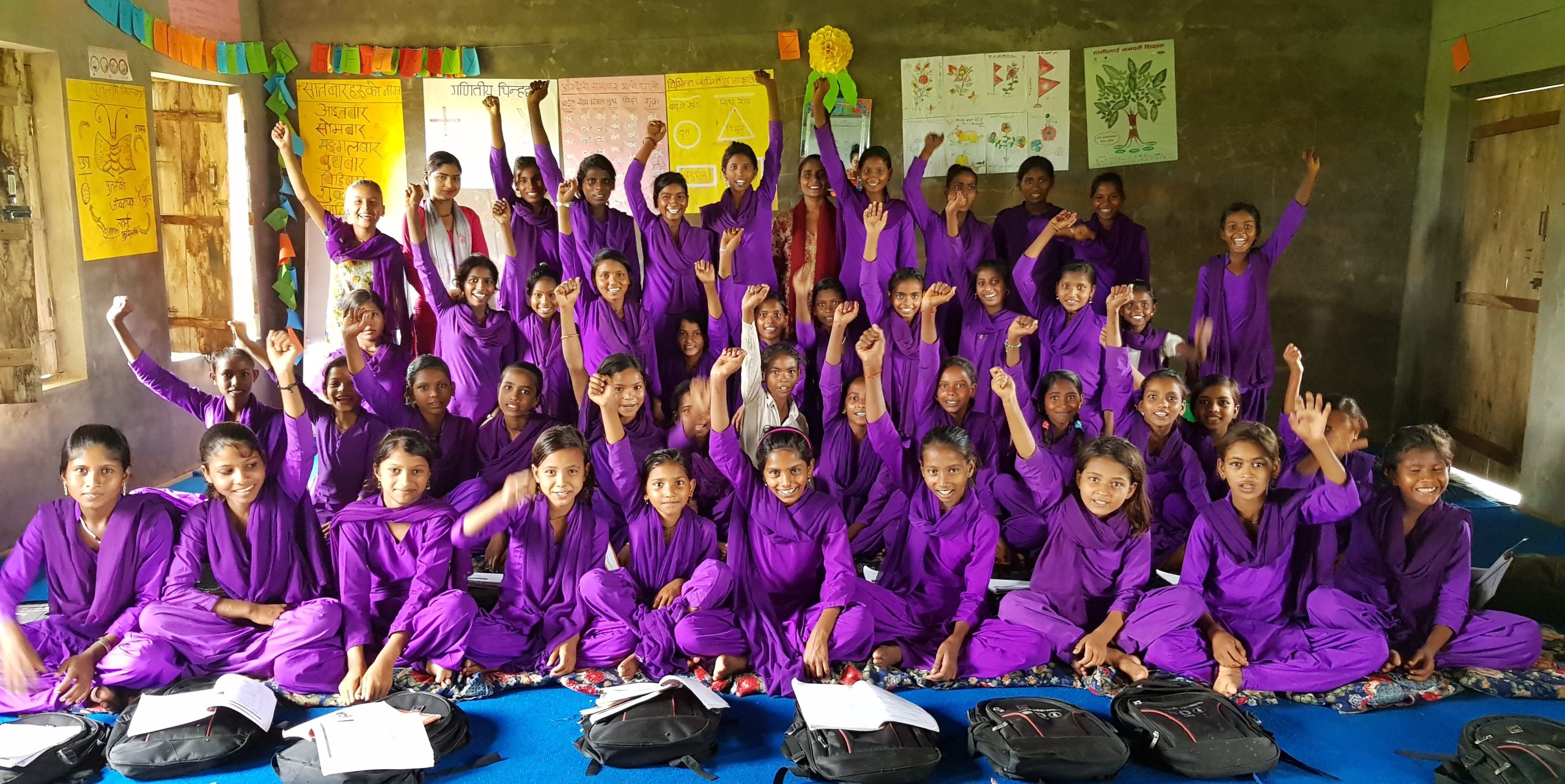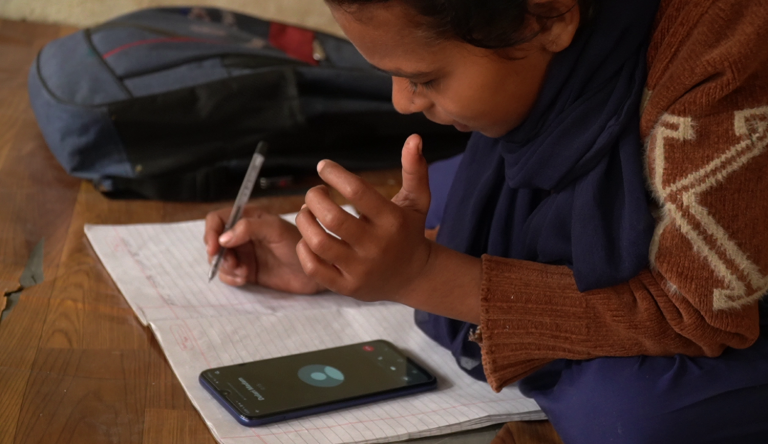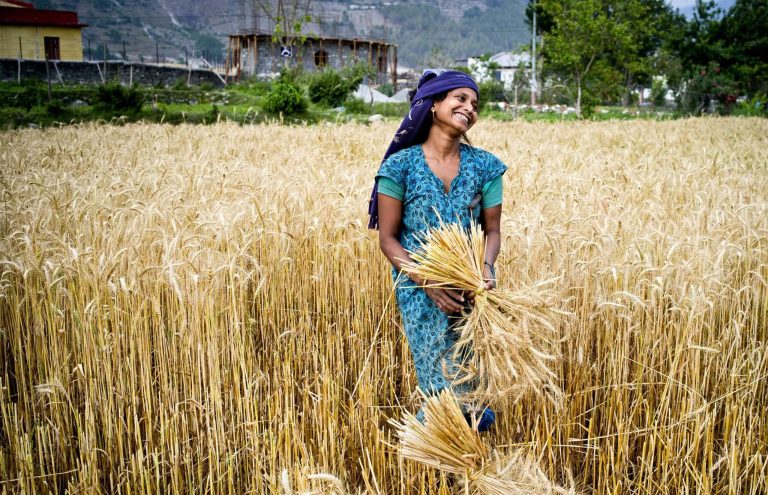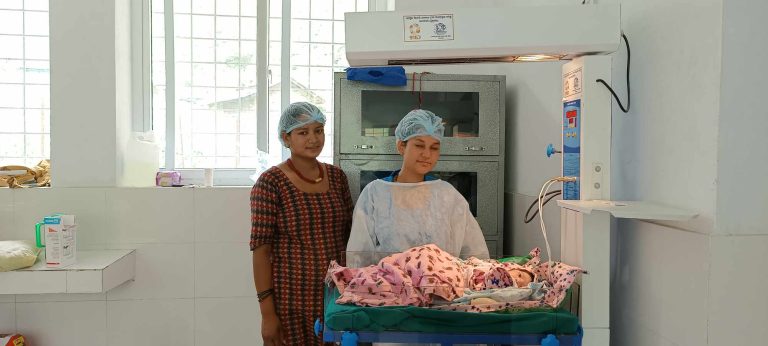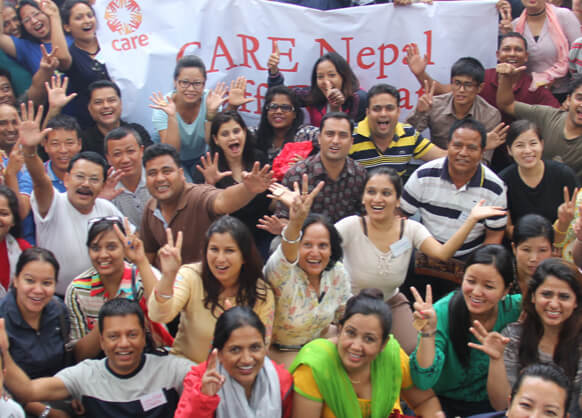Background
CARE Nepal has been continuously working in education sector since 2013 with the establishment of UDAAN centre targeting out-of-school girls of age between 10-14 from Kapilvastu district of Lumbini Province. UDAAN, which means “flight” or “flying high,” is an accelerated education program designed to offer a second chance for girls who have either never attended school or dropped out early to transition into formal schools. Since then, UDAAN centres has been established in Rupandehi, Kapilvastu, Nawalparasi (West), Banke, Jajarkot, Surkhet, Dhanusha, Mahottari, Parsa, Rautahat and in Siraha district as of 2025. The accelerated curriculum for the UDAAN program is developed and endorsed by the Ministry of Education, Science and Technology (MoEST) and Center for Education and Human Resource Development (CEHRD).
Accelerated education program aims to improve out-of-school (OOS) girls’ access to education. The UDAAN model provides an intensive, 11-month high-quality condensed curriculum, including leadership and life skills, for adolescent girls aged 10-14 who were unable to either start or finish primary school and helps them to successfully transition into formal public schools. UDAAN Alternative Learning Centre works closely with girls and their parents, schools, local educational and social leaders, and representatives of the local government along with the federal and provincial government to ensure that the out-of-school girls get the necessary support and coordination for re-enrolment to the school admission and their continuation at school.
Likewise, the model also engages with different community structures to transform the social norms and practices that impede girls’ equitable access to education and simultaneously create a conducive operational environment for girls’ education. Since school education plays an important role in preventing child marriage of children or getting them married only after they reach the age of majority, enrolling girls in school through this UDAAN program helps to save them from the risk of child marriage as well as teaches them about harmful social norms, such as discrimination against women and girls, and caste-based discrimination. Additionally, as a strategy of "Leaving no Girls Behind " for educational opportunities CARE also reached the unreached populations through the mentoring approach of accelerated learning model in Jajarkot district of remote Karnali province of Nepal.

